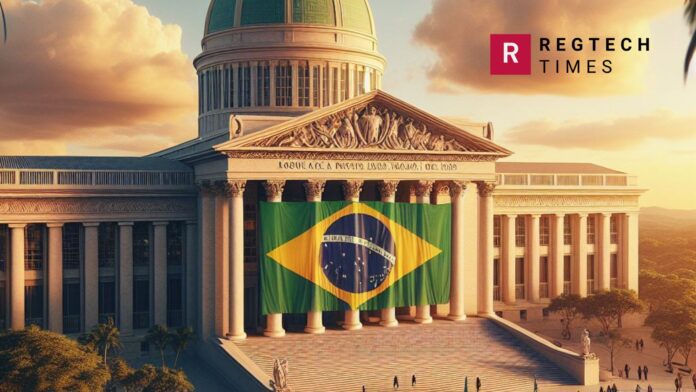The conflict between Elon Musk, the billionaire owner of the social media platform X (formerly Twitter), and the Brazilian judiciary, led by Supreme Court Judge Alexandre De Moraes, has captured the attention of the world with a series of events that are rich with implications for digital regulation, free speech, and the power dynamics between state authorities and tech moguls.
Elon Musk and the Judiciary
The main point of contention in this exchange is that Musk openly criticized Judge De Moraes after the latter ordered the blocking of certain X accounts for allegedly disseminating false information. Musk’s disobedience, shown in his promise to restore the blocked accounts, created the conditions for a conflict between law and ideology. In response, the court ordered an inquiry into Musk’s activities, charged him with “criminal instrumentalization” of the platform, and threatened to punish X if he disobeyed the order to keep certain accounts shut.
This conflict is not unique; rather, it is a reflection of larger conflicts both in Brazil and around the world, where striking a balance between controlling online speech and preserving freedom of expression is becoming more difficult. Judge De Moraes has led Brazil’s campaign against disinformation. He is alternately praised for his unwavering support of democracy and chastised for his authoritarian inclinations. His assertive approach to social media regulation highlights the challenges of regulating digital spaces, particularly in the highly sensitive environment that followed Jair Bolsonaro’s election.
Musk’s appeal of the Brazilian court’s rulings highlights the divisive discussion about national laws’ authority over international internet platforms. The billionaire’s position, which portrays the matter as a conflict between profit and morals, reflects broader worries about how much private enterprise should or can withstand government regulation. It also begs the question of how IT leaders influence public opinion, a worry that is emphasized by the urgent regulation of social networks advocated by Brazil’s Attorney General Jorge Messias.
The setting in which the story takes place adds to its complexity. Brazil finds itself at a turning point as it continues to deal with the fallout from political unrest and the spread of false information. There is growing agreement that the digital frontier has to be reined in, as seen by the Musk probe and the larger clamor for more social media regulation.
As things progress, the scenario might be used as a case study for the continuing worldwide discussion about how technology, law, and society interact. Though distinct in its details, the Musk-De Moraes story serves as a metaphor for the difficulties that governments across the world have as they attempt to negotiate the new territory of digital governance. This conflict might have a major impact on how democratic nations reconcile the demands of digital regulation with the right to free expression. It will also be a pivotal point in the changing dynamic between state authority and the digital sphere.


